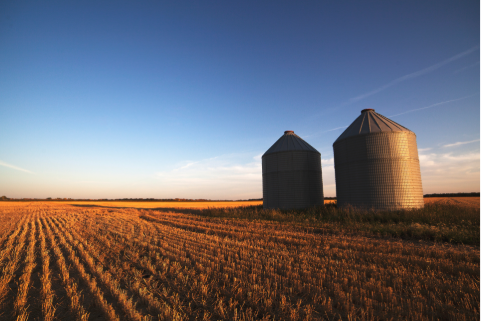
Stay Safe This Harvest: Grain Bin Hazards and How to Prevent Them
As harvest ramps up across Michigan, grain bins are busy holding the season’s hard-earned yield. But while essential to the farm, these structures can be deadly. Every year, lives are lost to grain bin entrapments, falls, toxic gases, and mechanical accidents. Understanding the dangers of grain storage and taking steps to reduce risk can help ensure every farmer and farmworker makes it home safe.
The Hidden Hazards of Grain Bins
Grain bins might seem harmless, but the hazards inside are very real:
- Engulfment: Flowing grain acts like quicksand. A person can be buried in seconds just by walking on moving grain or trying to break up a crusted surface. Even “bridged” grain that looks solid can collapse without warning.
- Falls: Roofs, ladders, catwalks, and bin openings present fall risks, especially during harvest when workers are moving quickly.
- Toxic Air: Spoiled grain can release dangerous gases, and fumigants used to control pests may be invisible but deadly.
- Mechanical Equipment: Moving augers, conveyors, and sweep arms can entangle clothing or limbs, leading to serious injuries or amputations.
- Explosions: Grain dust is extremely combustible. If it builds up and encounters a spark, a dust explosion can cause widespread damage or death.
Essential Grain Bin Safety Tips
Grain storage experts agree that most accidents can be avoided with proper planning and teamwork. Here’s how:
- Never go in alone: Always work in teams. At least one person should stay outside the bin and maintain constant visual or verbal contact.
- Shut off and lock out equipment: Power down and lock out all augers and motors before entering a bin. This prevents someone from unknowingly starting machinery while you’re inside.
- Tie off with safety gear: Use a body harness with a lifeline secured outside the bin. If a fall or collapse occurs, it could save your life.
- Test the air first: Run the aeration fan and vent the bin for at least an hour before entry. Use a gas monitor to check for toxic gases or low oxygen.
- Avoid entering with bridged or crusted grain: If you suspect spoiled or bridged grain, stay out. Never walk on it, what looks solid could be a hollow shell over a dangerous void.
Keep Grain in Good Condition
The safest bin is one you don’t have to enter. That starts with managing grain quality. Wet or poorly aerated grain is more likely to spoil, clump, or form crusts that require entry to fix. Monitoring temperature and moisture regularly, and correcting problems early, helps avoid the need for risky rescue or repair work later.
How Michigan Farm Bureau Insurance Supports Safety
While no one plans for an accident, Farm Bureau Insurance of Michigan is here to help when the unexpected happens. A Farmowner's policy may provide coverage for grain bins, stored grain, and damage caused by hazards like fire or explosions.
Most importantly, risk prevention helps protect not just your property, but your family and farm team. Connect with our team to review your policy and make sure you’re protected this harvest season, from bin to bushel.



